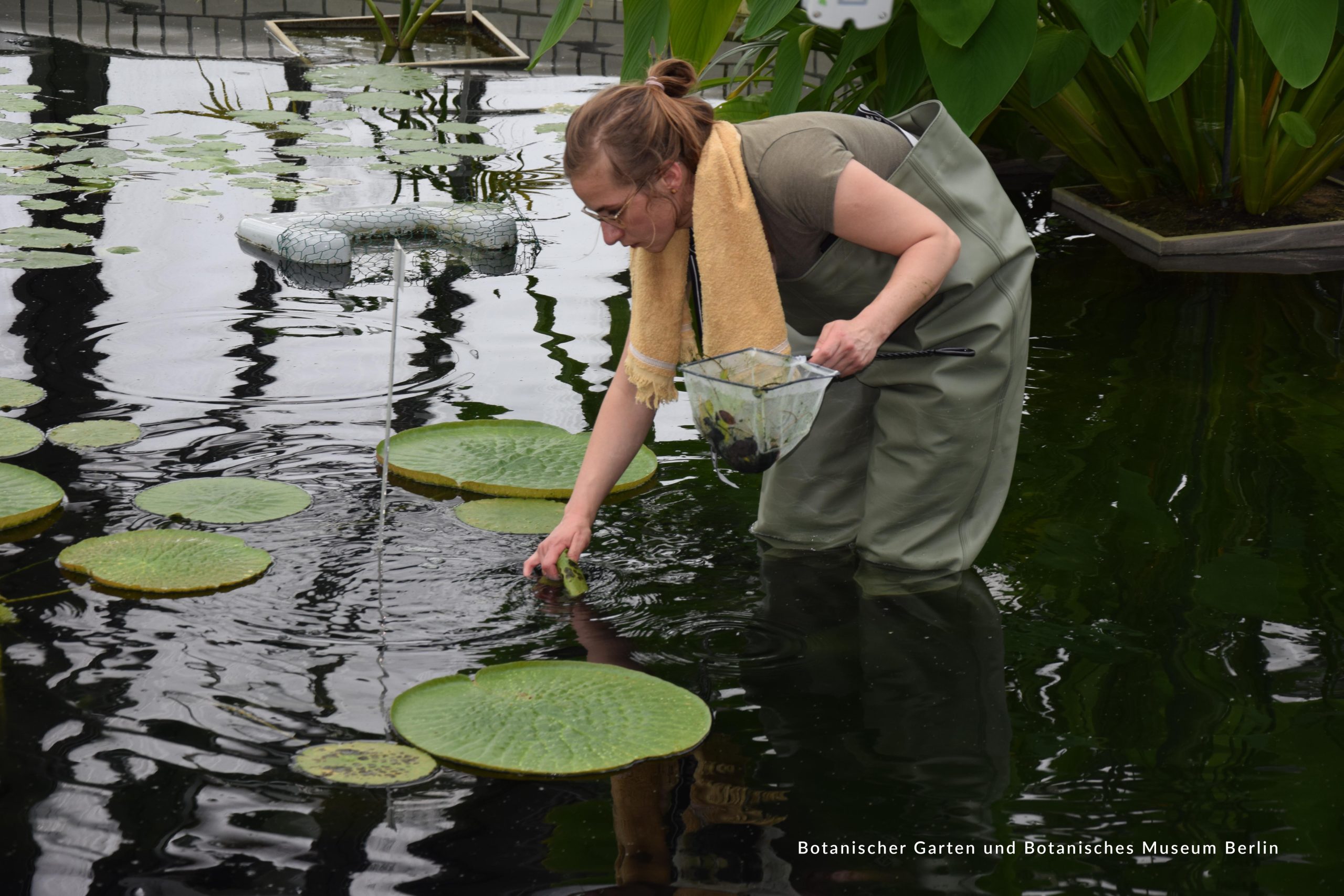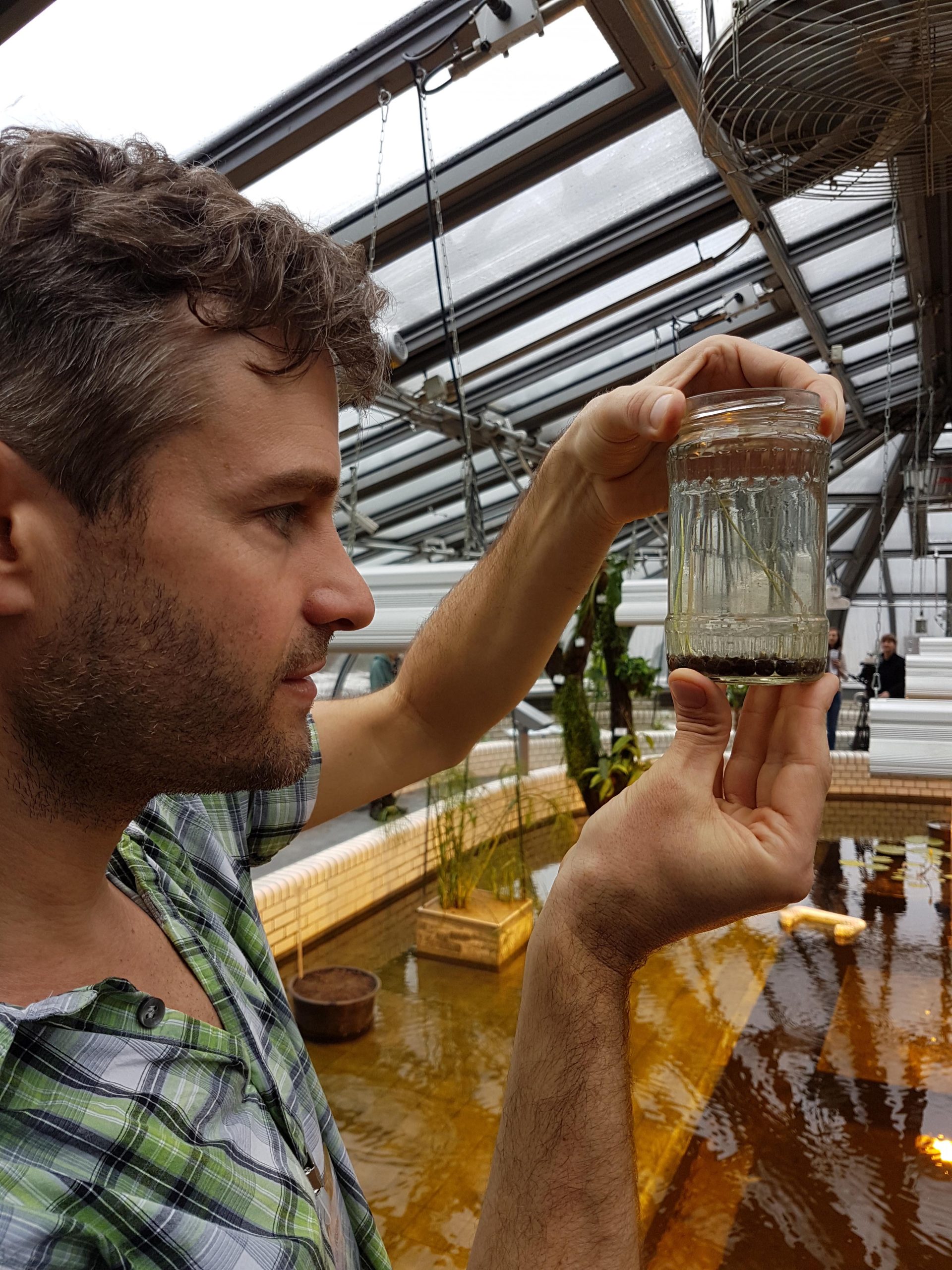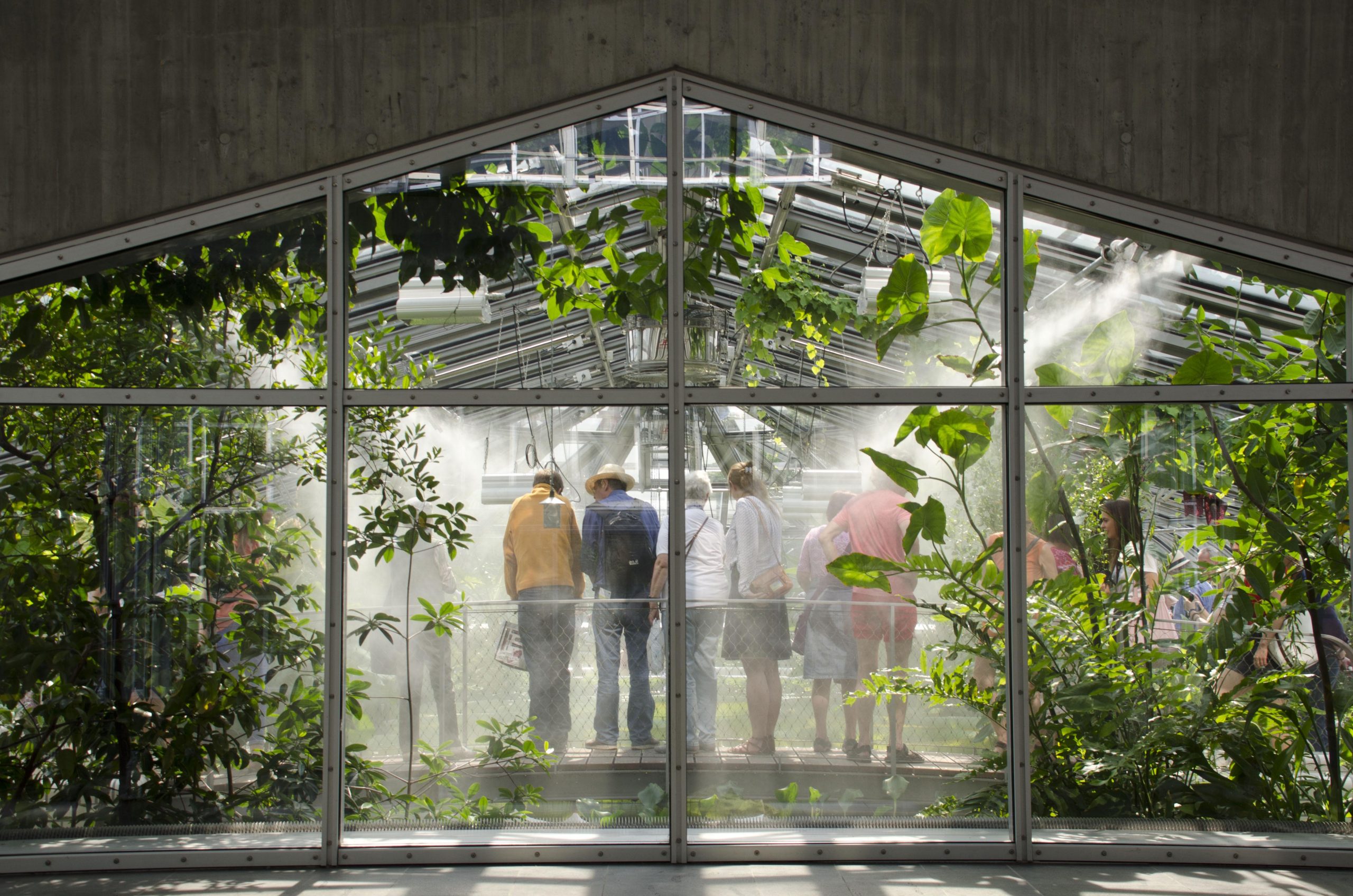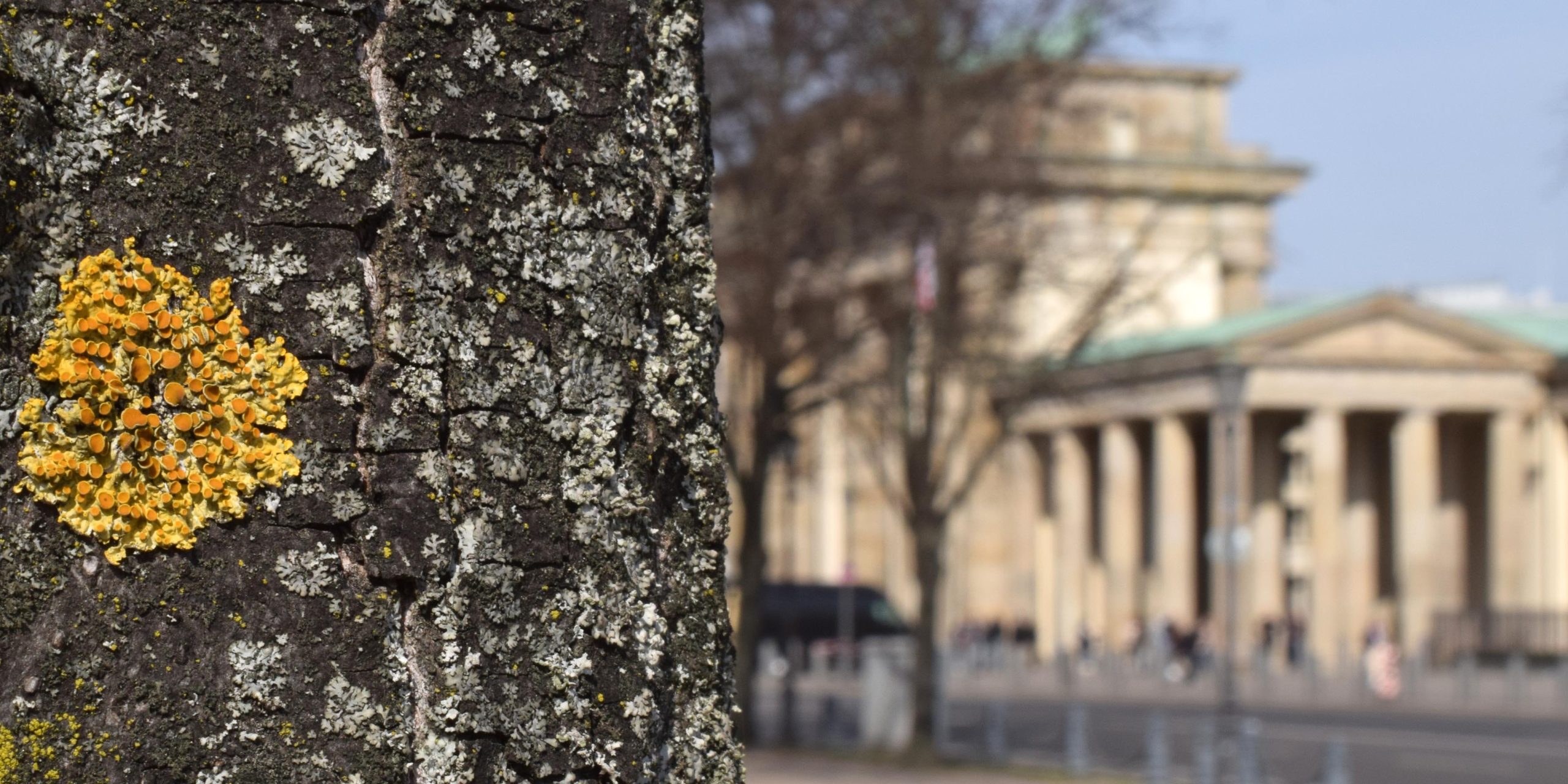
23 April 2024
UPDATE 5 September 2024:
The German node of DiSSCo, DiSSCo-D has just signed the project’s European memorandum of understanding (MoU). Exciting news that makes all in DiSSCo look forward to engaging with the new node of German partners.
Last week, six of Germany’s largest natural history collections joined forces to create DiSSCo’s German National Node: DiSSCo-D. It is a historic moment for DiSSCo but also for the future of German natural collections. The members of DiSSCo-D has set up to digitise, link and make freeely accessible the more than 140 million collection objects that they host for the benefit of global science and society. Get all the details below.
By the Botanic Garden and Botanical Museum Berlin (BGBM)
The Botanic Garden Berlin of the Freie Universität Berlin, the Leibniz Institute for the Analysis of Biodiversity Change in Bonn and Hamburg, the Museum für Naturkunde Berlin, the Senckenberg Society for Nature Research, the State Museum of Natural History Stuttgart and the Bavarian Natural History Collections are now forming a “DiSSCo node” for Germany.
Their shared goal is making their collections available as a research resource to solve societal challenges. They are all members of DNFS association – Deutsche Naturwissenschaftliche Forschungssammlungen e. V. (German association of natural science research collections). In future, the DNFS aims to expand the node beyond the six founding members.

Image credit: Botanischer Garten und Botanisches Museum Berlin – Freie Universität Berlin.
“It is crucial that the German collections in their outstanding importance are represented in DiSSCo and that Germany is actively involved in shaping this infrastructure,” says Prof. Dr Thomas Borsch, DNFS spokesperson and Director of the Botanic Garden Berlin. “The establishment of the German DiSSCo node is a milestone on this path. In order to actively shape the infrastructure for this, we need the support of politicians. We hope that the funding will be made permanent so that we can continue to provide reliable data for biodiversity research in the future. Because they can provide answers to one of the most pressing challenges of our time, the global extinction of species,” emphasises Prof. Dr Thomas Borsch.
Gaining knowledge about the Earth’s biodiversity is one of the key prerequisites for tackling global challenges such as species extinction, climate change and feeding the world’s population. Reliable, openly accessible, linkable and reusable biodiversity data are an indispensable basis in this respect. This is where the DiSSCo Research Infrastructure comes in. The aim of DiSSCo is to establish European natural history collections as a powerful, linked infrastructure for data-intensive research. The focus is on the physical collection objects and their digitisation.

Image credit: Botanischer Garten und Botanisches Museum Berlin – Freie Universität Berlin.
The DNFS is an association founded in 2007 in which the major German natural history research museums and collections have joined forces. Its aim is to make the collections of its members comprehensively accessible and usable for research and societal tasks. To this end, the association is involved in various networks and initiatives. With its combined expertise, the association is a contact as well as advisory and cooperation partner for other scientific platforms, yet also for politics, society and the media. Members of the DNFS are the Botanic Garden Berlin of the Freie Universität Berlin, the Haussknecht Herbarium at the Friedrich Schiller University Jena, the Leibniz Institute for the Analysis of Biodiversity Change in Bonn and Hamburg, the Museum für Naturkunde Berlin, the Senckenberg Society for Nature Research, the State Museum of Natural History Karlsruhe, the State Museum of Natural History Stuttgart and the Bavarian Natural History Collections. A further 150 museums are represented in the DNFS by the Fachgruppe Naturwissenschaftliche Museen of the Deutscher Museumsbund (Natural History Museums section of the German Museums Association).

Image credit: Botanischer Garten und Botanisches Museum Berlin – Freie Universität Berlin.
For more information, please contact:
Alexandra Jakob, Press Officer Botanic Garden Berlin a.jakob@bo.berlin
Thomas Borsch, Director General
Botanic Garden Berlin
sekretariat-direktor@bo.berlin
Eva Häffner, Scientific Coordinator
Botanic Garden Berlin
e.haeffner@bo.berlin
Do you want to know more about the technical side of DiSSCo? DiSSCo puts different technical knowledge platforms at the scientific community’s disposal:
DiSSCoTech: Get the latest technical posts about the design of DiSSCo’s Infrastructure
DiSSCo Labs: A preview of experimental services and demonstrators by the DiSSCo community
DiSSCo GitHub: Code hosting for DiSSCo software, version control and collaboration
DiSSCo Modelling Framework: A WikiBase tool that is configured to create an abstraction of the DiSSCo data model